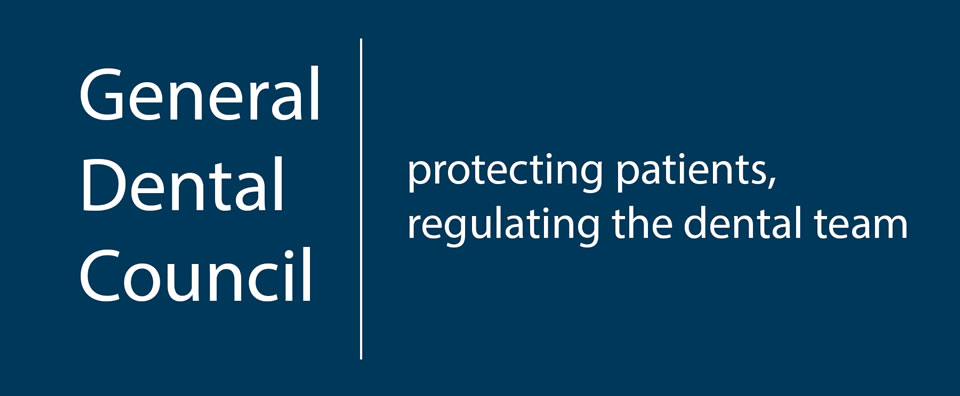

The General Medical Council (GMC) is responsible for maintaining high standards in medical practice within the UK. One of its key functions is to assess and ensure the Fitness to Practice of doctors, which includes their competence, conduct, and adherence to professional guidelines. However, GMC decisions can sometimes have serious implications for a doctor’s career. Whether it’s about registration, licensing, or Fitness to Practice, understanding the GMC appeals process is essential. This guide breaks down how doctors can navigate the appeals process, highlights the importance of legal representation, and provides additional considerations for achieving a favourable outcome.
Before diving into the appeals process, it’s crucial to understand what Fitness to Practice entails. Fitness to Practice refers to a doctor’s suitability to be registered and licensed to practise medicine safely and effectively. This includes aspects like professional skills, clinical competence, health, behaviour, and adherence to the standards of the medical profession. The GMC may question a doctor’s Fitness to Practice in situations involving misconduct, failure to comply with guidelines, health issues that may impair the ability to practise, or lack of necessary skills or knowledge.
GMC decisions on Fitness to Practice, licensing, and registration can have significant consequences. A negative decision can lead to suspension, restrictions, or even removal from the medical register, which can be career-ending for doctors. The appeals process provides an essential pathway for doctors to challenge such decisions and ensure that their rights are upheld. Understanding this process can make the difference between protecting your career and facing permanent professional setbacks.
Doctors have the right to appeal a range of decisions made by the GMC. It’s important to distinguish between appeals against GMC decisions and those handled by the Medical Practitioner’s Tribunal (MPT). While GMC decision appeals are managed by the GMC’s Appeals Panel, MPT Tribunal determination appeals go through the courts. Some of the most common GMC decisions subject to appeal include those related to Fitness to Practice.
One of the most frequent areas for appeal involves GMC registration. Doctors might need to appeal if the GMC:
A successful appeal in these cases often requires the doctor to demonstrate that they meet the GMC’s registration standards and that any issues related to Fitness to Practice have been resolved.
Doctors can appeal the GMC’s decision to withdraw their licence to practise if it stems from non-compliance with GMC guidance, failure to provide required evidence, submission of false information, or non-payment of necessary fees. Revalidation appeals are common when doctors believe they have unjustly been denied a licence due to issues surrounding the revalidation process. Often, these situations involve concerns about a doctor’s Fitness to Practice, which must be adequately addressed to win the appeal.
If a doctor’s licence has been revoked and their application for restoration is denied, there is an opportunity to appeal. This might occur if the doctor fails to provide necessary information, does not comply with revalidation requirements, or submits false information. Given that Fitness to Practice is often at the core of restoration decisions, preparing a detailed and accurate restoration application with supporting evidence is crucial.
Doctors aiming to be included in the Specialist or GP Register have the right to appeal decisions not to include their name in these registers. Appeals in this area can involve decisions about additional training requirements, sub-specialty indications, or the length of adaptation periods. Additionally, doctors can appeal if the GMC fails to notify them of a decision within the required timescale following an application for GP registration. The appeal must clearly address how the doctor meets the criteria for Fitness to Practice in the relevant specialty.
If the GMC refuses a doctor’s licence due to a perceived lack of knowledge of English, the doctor can appeal this decision. In such cases, the appeal would involve providing additional evidence of the necessary language proficiency to practise safely in the UK. Fitness to Practice plays a key role here, as effective communication is essential for patient safety and professional conduct.
Appeals are brought before a GMC Appeals Panel that includes a legally qualified chairperson, medical members, and a lay (non-medical) member. Here’s a breakdown of how the process typically unfolds:
The GMC’s guidance strongly recommends seeking legal advice early in the process. The appeals process involves complex rules, especially in Fitness to Practice cases where the stakes are high. Legal experts can help present a compelling case, question witnesses effectively, and challenge evidence to increase the chances of a favourable outcome.
Strict rules govern the submission of documents and evidence. All appeal-related documents must be submitted within the specified timelines. Non-compliance can result in the appeal being dismissed. For cases focused on Fitness to Practice, failing to submit comprehensive evidence could severely impact the appeal’s success.
Doctors should be mindful of the financial implications of the appeals process. If a doctor wins their appeal, they may be awarded costs. However, if the GMC successfully defends against the appeal, the doctor could be liable for those expenses. Before initiating an appeal, particularly one concerning Fitness to Practice, it’s essential to understand the potential costs and risks involved.
In addition to issues directly related to registration and licensing, doctors may face other GMC-related matters, such as:
Understanding the GMC appeals process is crucial for doctors facing decisions that could threaten their professional future. The process is detailed and requires adherence to strict procedural rules and timelines. Given the complexity, particularly in Fitness to Practice cases, seeking legal advice early on is key to navigating the process successfully.
By gathering the necessary evidence, adhering to procedural requirements, and working with legal professionals, doctors can significantly improve their chances of a successful outcome when appealing a GMC decision. Whether it’s a case of licence withdrawal, refusal of restoration, or Fitness to Practice concerns, being well-prepared and informed is the best approach to safeguard one’s medical career.
© Copyright 2025 Probity & Ethics. All Rights Reserved.